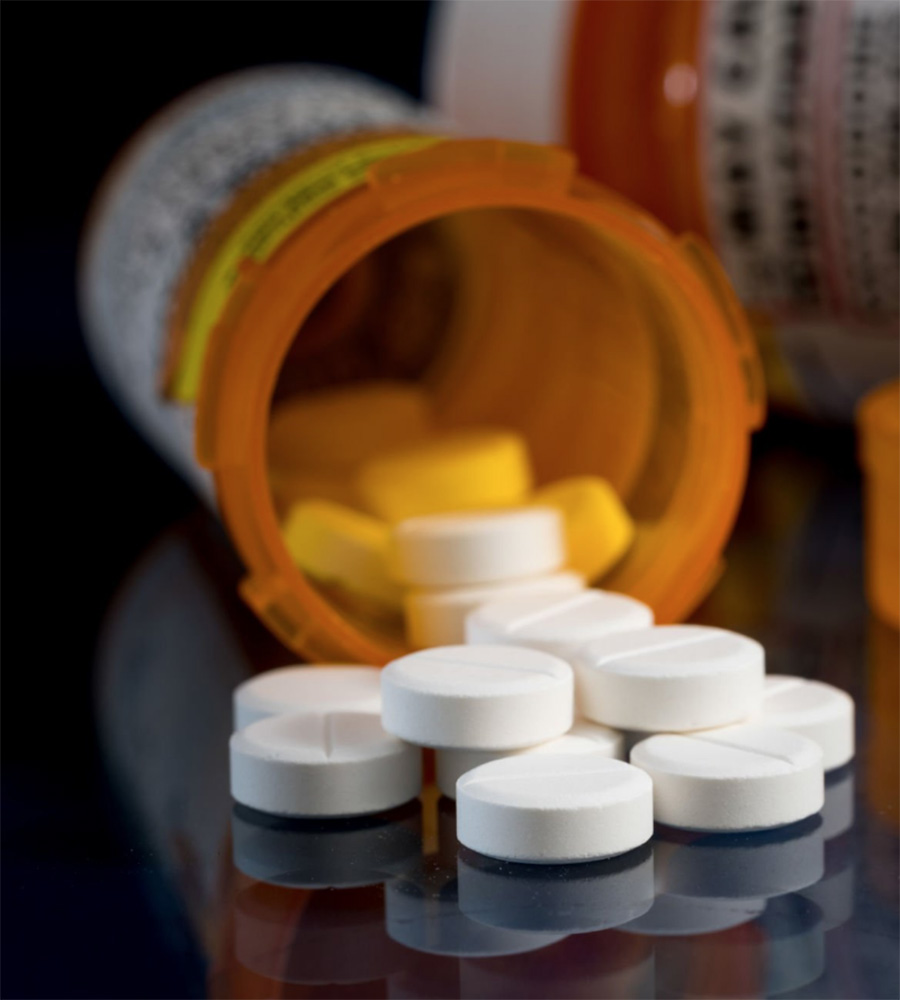Prescription opioids, often prescribed to manage pain, can provide significant relief when used appropriately. However, their powerful effects also carry a high risk of addiction, even when taken as directed. Recognizing the signs of opioid addiction early can make a critical difference in helping your loved one get the support they need.
Here are eight common signs that a loved one’s use of prescription opioid medication may have crossed the line into addiction.
Taking Higher Doses Than Prescribed
One of the earliest warning signs is when a person starts exceeding their prescribed dosage. They may take more pills than directed or use the medication more frequently than instructed. This often happens as their body builds a tolerance to the drug, requiring higher doses to achieve the same pain-relieving or euphoric effects.
Pay attention if your loved one runs out of their medication sooner than expected or frequently asks for early refills.
“Doctor Shopping”
Doctor shopping is when someone visits multiple healthcare providers to obtain additional prescriptions. This behavior is a red flag for opioid addiction, as it indicates the person is seeking more medication than their doctor is willing to prescribe.
They may also exaggerate or fabricate symptoms to justify the need for more opioids. If you notice a pattern of seeing different doctors or discussing “pain management” excessively, it may be time to address the issue.
Changes in Mood or Behavior
Opioid addiction often leads to noticeable shifts in a person’s mood or personality. They may become irritable, anxious, or depressed when they’re not using the medication. Conversely, they might appear unusually euphoric or overly relaxed after taking the drug.
You might also notice erratic behavior, such as sudden withdrawal from social activities, a lack of interest in hobbies, or an increase in secrecy.
Physical Signs of Dependency
Physical symptoms can be a strong indicator of opioid addiction. Look for signs such as constricted (pinpoint) pupils, unexplained drowsiness or “nodding off,” slurred speech or confusion, or frequent nausea or vomiting.
These symptoms suggest that the person’s body has become dependent on the drug, making it difficult for them to stop using without experiencing discomfort.
Neglecting Responsibilities
As addiction takes hold, a person may begin neglecting their responsibilities at work, school, or home. They might miss deadlines, skip important events, or fail to meet their obligations.
For example, a parent struggling with addiction may become less attentive to their children’s needs, or an employee may show up late or unprepared for work. This decline in responsibility can strain relationships and create further stress.
Financial Struggles
Opioid addiction can become expensive, especially if the person is buying medication illegally or in higher quantities than prescribed. You might notice unexplained financial problems, such as frequent borrowing, maxed-out credit cards, or missing valuables.
These financial issues may indicate that the person is prioritizing their drug use over other needs, such as paying bills or saving money.
Denial and Defensiveness
When confronted about their behavior, a person with opioid addiction may become defensive or deny there’s a problem. They might downplay their usage, insist they have it under control, or accuse you of overreacting.
This denial can make it difficult to address the issue, as the person may not be ready to acknowledge the impact of their addiction. However, consistent patterns of defensiveness are often a sign that they are struggling internally.
Isolation from Loved Ones
Addiction often leads to social withdrawal, as the person may feel ashamed of their behavior or want to hide it from others. They might avoid family gatherings, cancel plans with friends, or spend an increasing amount of time alone.
This isolation can further deepen their dependency, as it removes the support systems that might otherwise help them recognize and address their addiction.
How To Have a Successful Drug Intervention for a Loved One
If you’ve noticed these signs in a loved one, it’s essential to approach the situation with care and compassion. Addiction is a complex condition that often stems from underlying pain, stress, or trauma.
Start by having an open and non-judgmental conversation. Use “I” statements to express your concerns, such as, “I’ve noticed you’ve been taking your medication more frequently, and I’m worried about how it’s affecting you.”
Encourage them to seek professional help, such as counseling, addiction treatment programs, or support groups like Narcotics Anonymous (NA). Be prepared to provide resources or offer to accompany them to their first appointment. You can always get support in this part of the process from a drug intervention specialist.
Addressing addiction is a journey that takes time, patience, and support. By recognizing the signs early and offering help, you can play a vital role in guiding your loved one toward recovery.







